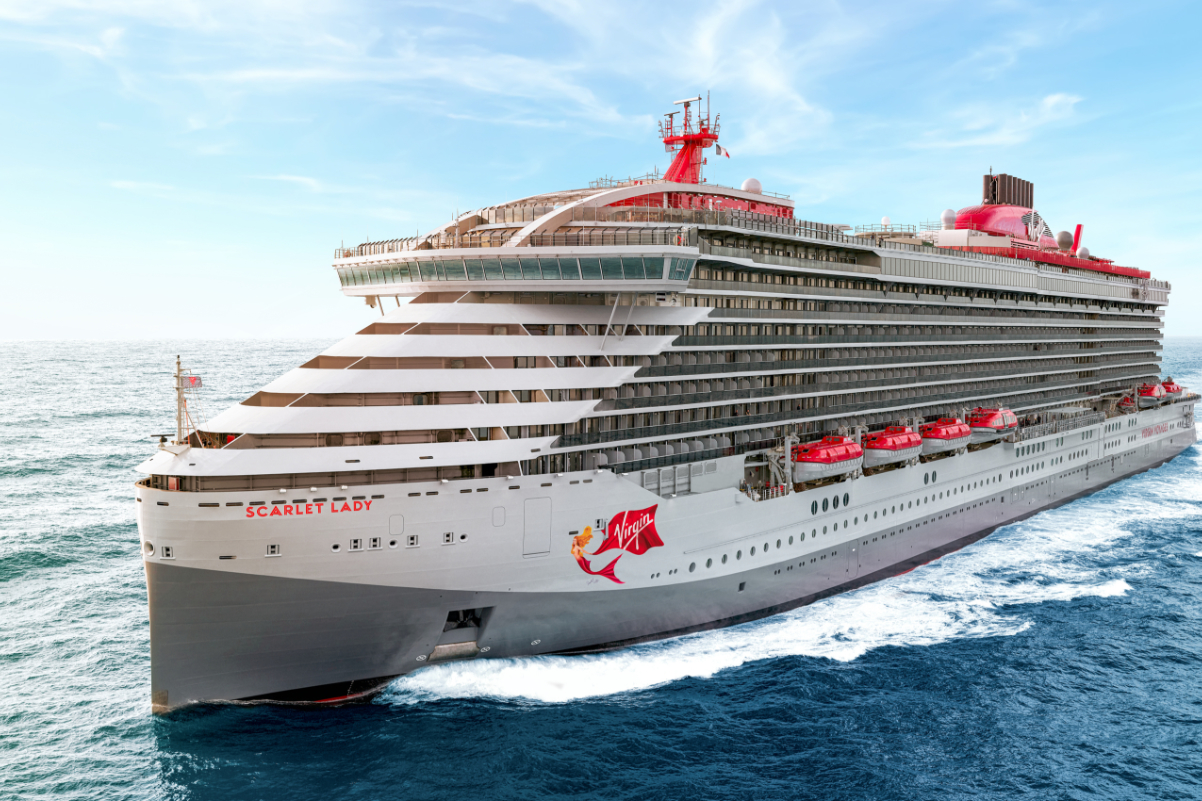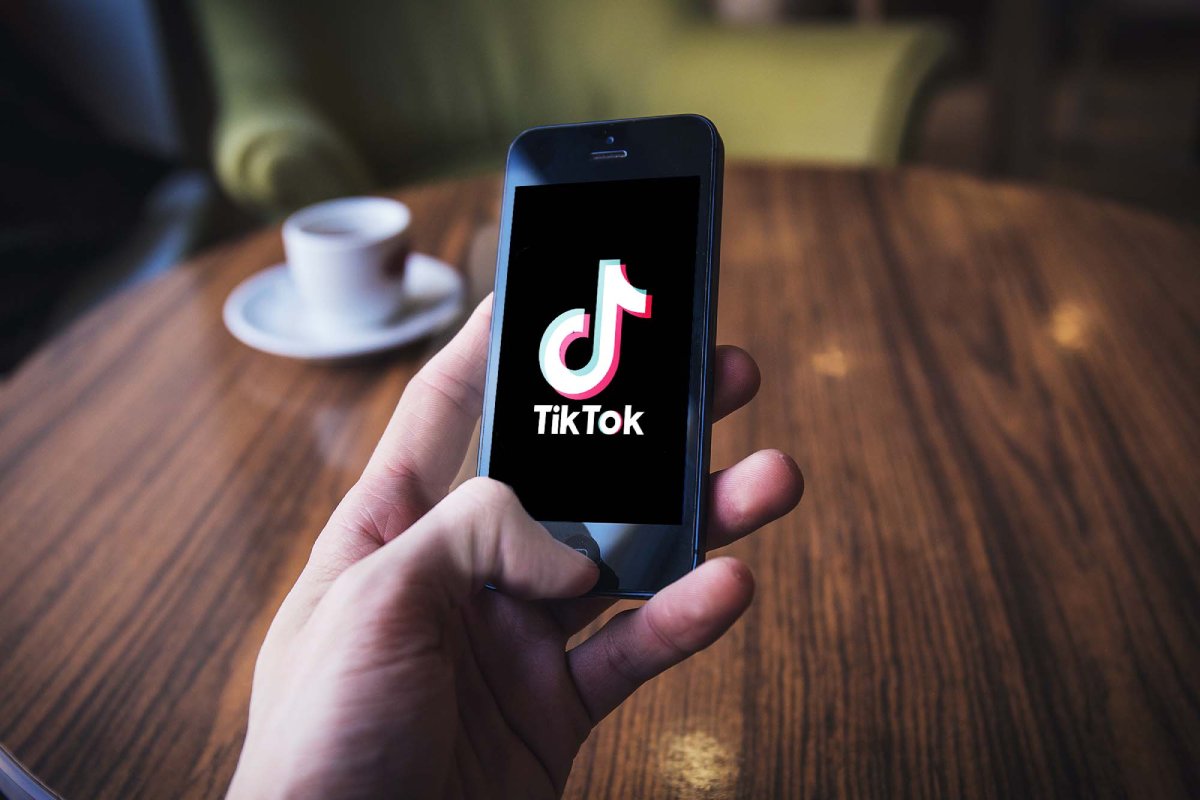Business Travel Could Stage a Full Pandemic Recovery in 2024
Skift Take
Business travel has lagged leisure throughout the pandemic recovery as corporate road warriors – and their finance chiefs – grew content with video calls and sporadic trips into offices.
There are signs, however, that U.S. business travelers are making their way back, albeit at a very measured pace. West Coast technology companies — long the laggards in business travel — are also returning.
Business travel will regain 95% of its 2019 level in 2024, up from 89% last year, the U.S. Travel Association forecast in January. However, if the U.S. economy achieves a so-called “soft landing,” with inflation slowing and interest rates easing, large tech and financial services companies may send more people out on the road.
Fortune 500 Green Shoots
Speaking Tuesday at an investor conference, Alaska and Delta Air Lines executives specifically cited growing travel demand by Fortune 500 member companies. The airline industry has relied heavily on leisure traffic for the past four years. Today, global business travelers are becoming a nice bonus.
“What’s really been helpful is the return of business and corporate traffic for us in our West Coast hubs,” Alaska Airlines CEO Ben Minicucci said at the J.P. Morgan Industrials Conference. “We kept saying on every analyst call there’s upside for us, there’s dry powder, as it starts coming back. And that’s what we’re seeing. We’re seeing more business traffic come back.”
Travel volume by Amazon has surpassed its 2019 level, and Microsoft spending is twice the level of 2023, Minicucci said. Seattle-based Alaska has travel programs with both Washington-based tech companies.
At the same investor event, Delta also called out growth among business, and said it sees robust demand into the second quarter and summer. Delta President Glen Hauenstein cited “continued strength in premium products and growing demand for corporate travel, and the more traditional corporate travel, the Fortune 500 companies,” underlying the carrier’s financial optimism.
In January, Hauenstein had said that “nearly 95%” of those queried in Delta’s most recent corporate survey said they expected to travel as much or more in the first quarter as in the fourth quarter, “a double-digit improvement in travel intentions from our last survey.”
AmEx GBT Is Bullish
American Express Global Business Travel has detected a travel uptick among large global multinationals.
“We’ve also seen a pickup, particularly in the tech sector and professional services and I think we will see a narrowing of the gap, if you like, between SME (small-to-medium-sized enterprise) and global multinational as we go through 2024,” CEO Paul Abbott said on the company’s March 5 earnings call.
AmEx GBT is forecasting sales to increase by as much as 9% this year. The company acquired Egencia, the corporate travel management platform, from Expedia Group in 2021.
Amex GBT also sees airfare and hotels’ average daily rate moderating in 2024, Abbott said. “We expect revenue outperformance as business travel stabilizes at or above GDP growth and Amex GBT continues to win and gain share,” he said.
Not Everything’s Rosy
This good news for travel companies comes with plenty of caveats.
Video conferencing technology is well-established as suitable for many meetings and training events.
Corporate travel managers are contending with higher prices across the travel ecosystem as airlines, hotels and rental car chains all enjoy pricing power. Hotels’ average daily rate (ADR) is at a record, according to data compiled by CoStar Group. Airline fares have declined from 2022 but still remain high, and highly volatile.
The work from home ethos is here to stay for many in the corporate world, and reduced time in an office tends to naturally shrink the amount of business travel professionals do.
Corporate sustainability goals also factor into how much travel companies are inclined to book. A third of U.S. companies and 40% of those in Europe said they must trim travel per employee by more than 20% by 2030 to meet their sustainability targets, according to the 2023 Deloitte Corporate Travel Survey.
Yet for all the headwinds facing travel companies, a vigorous U.S. economy with low unemployment — combined with return-to-office policies for many employers — is persuading the largest corporations that more business trips make sense.
“By the time we finish this year, assuming sort of the broader consensus view of a reasonably soft landing that by the time we get to the end of the year, we think you'll be at more normalized levels of demand,” Hilton CEO Christopher Nassetta told analysts Feb. 7 on a quarterly call.
Marriott International, the largest hotel chain by room count, is also bullish about business travelers taking a slow-but-steady approach this year. “We continue to see incremental growth even coming out of the large corporates quarter‐over‐quarter,” Marriott CEO Tony Capuano said in mid-February.




